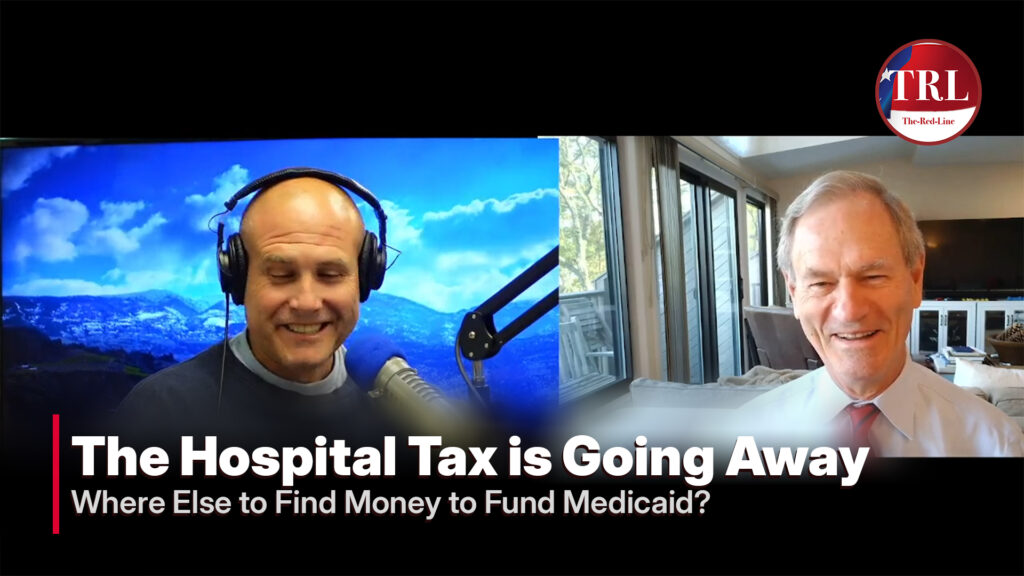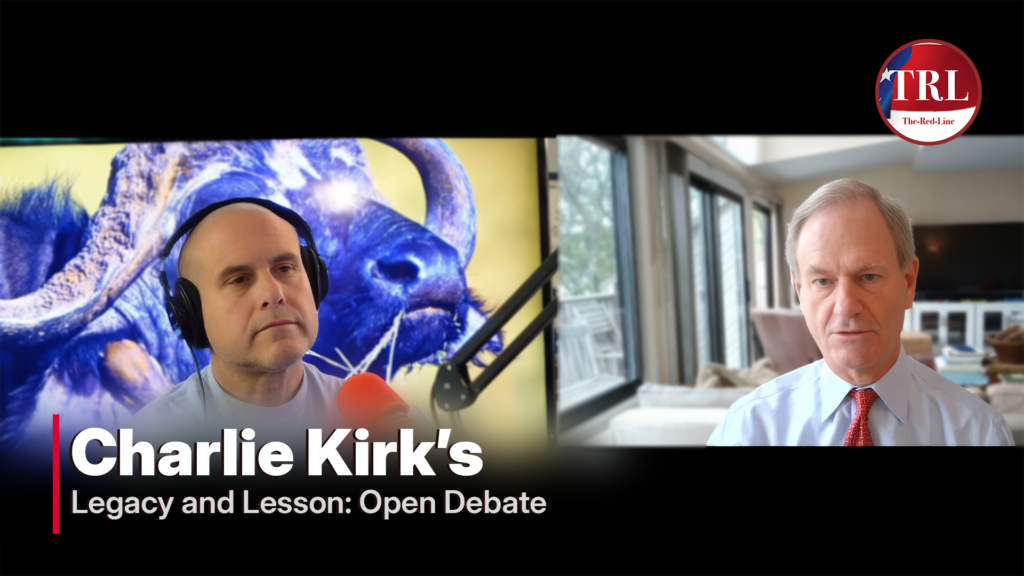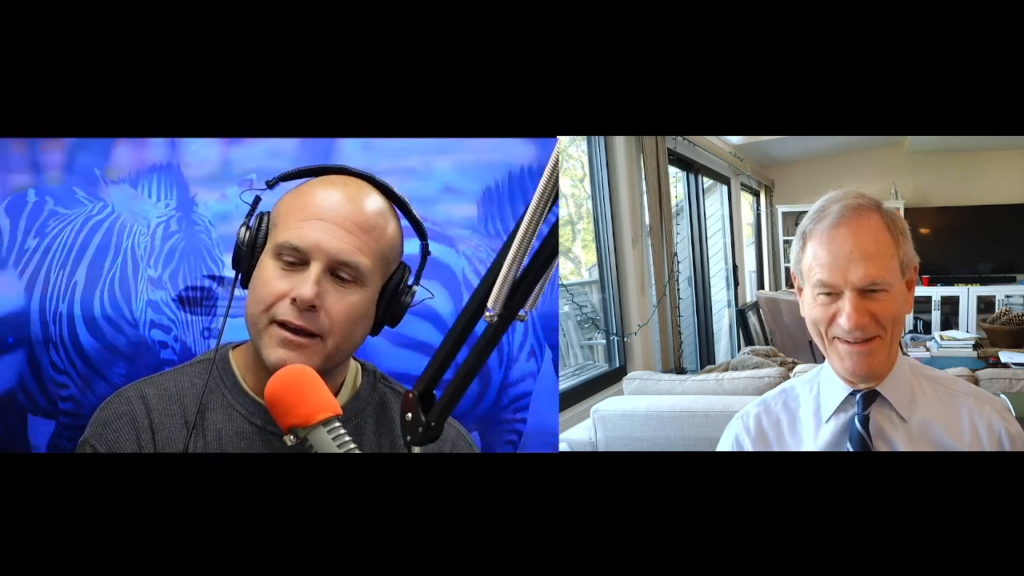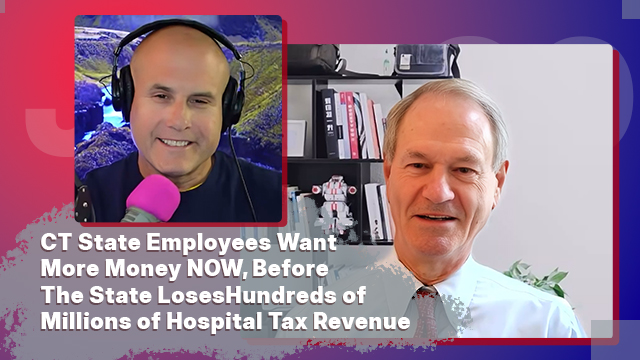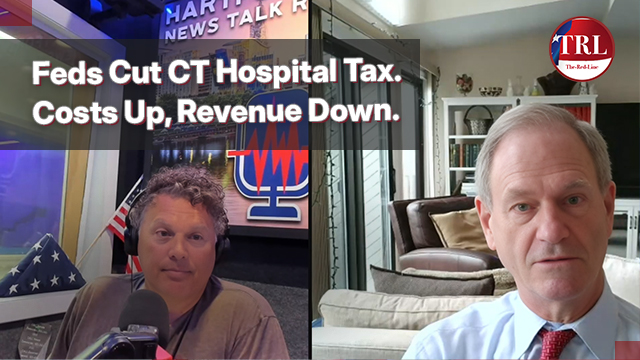Gary Byron: So, Senator Ron Johnson and some others gave the, the One Big Beautiful Bill kind of a cold reception when it arrived in the Senate. A warning that the Bill will balloon deficits and debt, which, by the way, are already ginormous. Jamie Diamond, JPMorgan Chase CEO predicted that a crisis -- not if, but as soon as six months from now, will occur.
So, look, there's no greater contributor to the recent rapid growth in deficits and debt than Medicaid, particularly under the Democrats, and thus no more appropriate GOP target financially and politically.
But let's be honest with each other Red. When we look at, when we look at Medicaid and the cuts that it's taking, it's it's not really for people who are justifiably and legitimately are on Medicaid. It's cutting waste, fraud, fraud and abuse. It's cutting back on illegal immigrants who have been on Medicaid for quite some time. It's cutting back on fraud. That sometimes doctors are guilty of. And, it's it's cutting back on people who claim to be disabled who really are not; they're actually able bodied individuals. And it's also requiring for those who need some Medicare (speaker meant Medicaid) and can work it, keeping them honest and putting them to work, I think they can work up to a certain amount of hours. Well, I didn't think this was a political issue. I thought this was common sense. I thought both parties were in agreement on eliminating waste, fraud and abuse. What's the story here Red?
Red Jahncke: Well, first of all, let's frame the issue in terms of the aggregates. Medicaid is exploding. It went from $600 billion in 2017 to $870 billion in 2023. That's almost a 50% increase in just six years. That kind of defines the term “unsustainable.” You ran through some of the issues involved. Two of them stand out in terms of what the One Big Beautiful Bill has in it: single, able bodied, childless adults will no longer be eligible, unless they work, because under Joe Biden, they were able to enroll without any work requirement; that clocks in, I think, at a pretty substantial savings number. The various other things you mentioned, you hope are done on a regular basis year in, year out. That's be on the lookout for waste, fraud and abuse.

